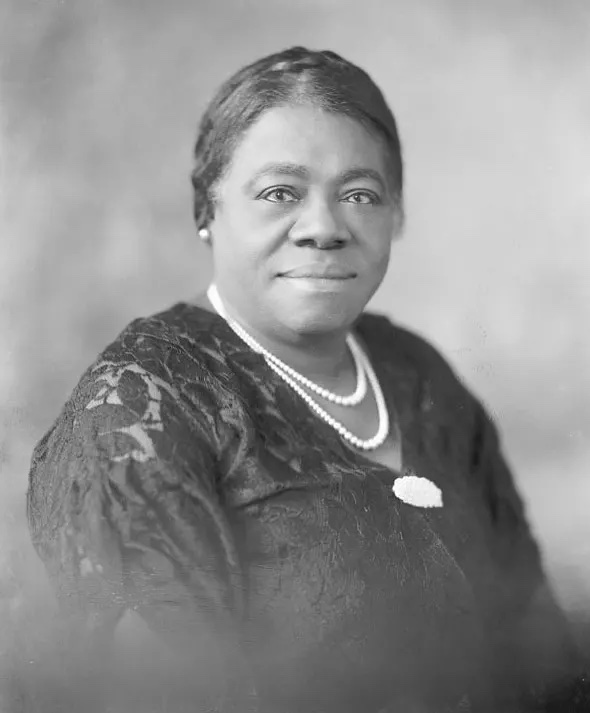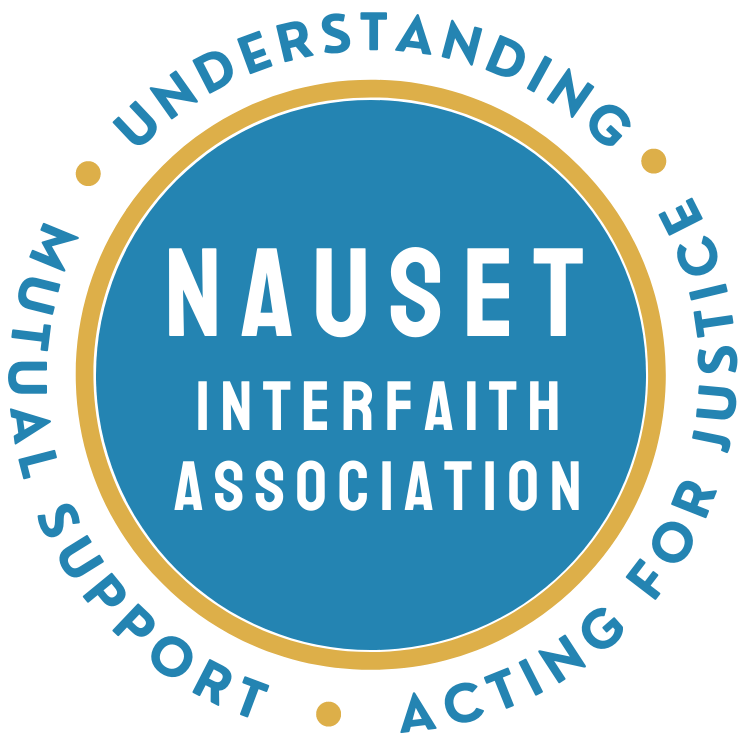
Mary McLeod Bethune was born in South Carolina, the fifteenth of seventeen children. She was the first person in her family born free and the first person in her family afforded a formal education.
Ms. Bethune established a school—the Daytona Literary and Industrial Training Institute for Negro Girls—on October 3, 1904 that she grew from $1.50, five girls (plus her son), faith in God, confidence in her people, and a belief in herself, to a high school. In 1923, this school merged with the all-male Cookman Institute of Jacksonville, Florida, and in 1931, the school became accredited by the Association of Colleges and Secondary Schools of the Southern States, with its name officially changed to Bethune-Cookman College, at which time Bethune became the first African American woman to serve as a college president.
From her earliest days, she was an activist for many causes to uplift African Americans. Beginning first at a state level, Bethune worked to establish programs that would fight to end segregated education, to improve healthcare for Black children, and to help women use the ballot to advance equality. Her successes on a local level propelled her to the national stage when the National Association of Colored Women (NACW) elected her its eighth national president in 1924.
She also created the National Council of Negro Women, Inc. (NCNW) on December 5, 1935, at which time she was unanimously elected its first president, serving until 1949. Under her leadership, the NCNW grew to over 850,000 members. Today, the over 4 million members of the NCNW continue the work begun by Bethune.
As President of a college, civil rights champion, and a leader of women, Bethune gained prominence which brought her national recognition. She became Vice President of both the National Association for the Advancement of Colored People (NAACP) and the National Urban League, and later began to attract attention from presidents of the United States. After serving as an advisor to Presidents Calvin Coolidge and Herbert Hoover receiving appointments to a number of commissions that advised the president on labor and youth employment as well as education, her most notable contribution occurred in 1935 when President Franklin D. Roosevelt called her to Washington. He had asked Bethune to serve as a Special Advisor to the National Youth Administration. He was so impressed with her work that the following year, he created her own department within the agency and appointed the sixty-one year old Bethune its Director of the Division of Negro Affairs, at which time she became the first African American woman to head a federal agency. Also, by convening the Federal Council on Negro Affairs—also called the “Black Cabinet” or “Black Brain Trust” in the press, she and other council members worked to increase opportunities for African Americans during the New Deal. During World War II, she advised President Harry S. Truman and continued to fight for African Americans, particularly for the inclusion of African American women in the WAACS (Women’s Auxiliary Army Corps) and WAVES (Women Appointed for Voluntary Emergency Service).
Above excerpts taken from the National Park Service website for the Mary McLeod Bethune Council House National Historic Site (https://www.nps.gov/mamc/learn/historyculture/mary-mcleod-bethune.htm )
